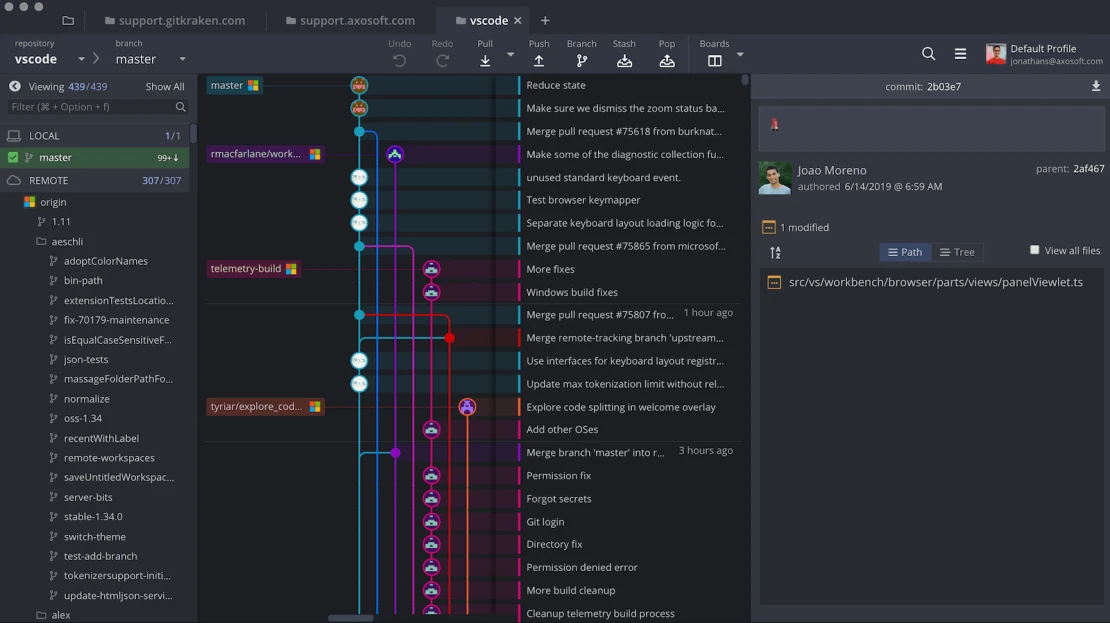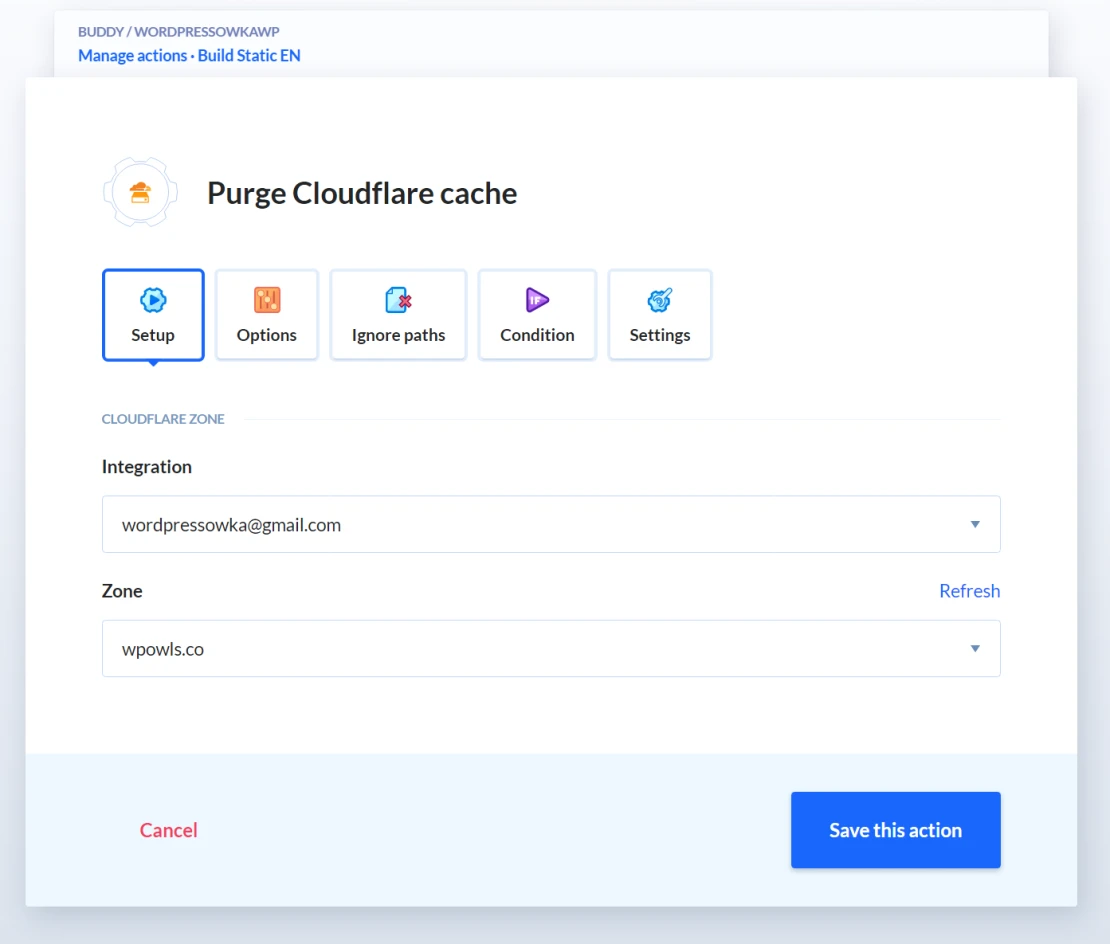Implement CI/CD step-by-step in your project

Is implementing a full-fledged CI/CD in your project difficult? It depends.
The most difficult part is making the first step because sometimes it requires changing the habits of the whole team. In this article, I'll explain how to do it step by step.
Start using version control
If for some reason you aren't using any version control then... you should start. Currently, git is the most popular VCS. If you want to ask why - let me list its biggest advantages:
it helps many developers work on one project
it keeps the whole history of the project - you can check who did what and when
you can restore code from any point in its history
it lets you experiment with your code, without any fear
From my experience, I can tell that most people fully understand what benefits git can bring to their project. On the other hand, they are quite often afraid of using the terminal. Luckily, there are quite a few git GUI solutions on the market:
Git Kraken
Git Tower
Visual Studio Code built-in git client

GitKraken
Automate deployments first
Why we are starting with deployments? Because it's the simplest and you'll be able to see the results very quickly. How to do it? Just integrate your repository with applications like Buddy, GitHub Actions, or any other, and just create an action that will move your code from your repository to your server.
Apart from the fact that you'll be able to move your code easily, it will also harden your security, because all your credentials will be stored in one central point without the need of sharing them with each developer.
Use dependency management and build assets
The next, natural step is to start using package managers like Composer (for PHP) and npm (for JS). Such managers will solve many problems for you:
it makes updating all the libraries much easier
they prevent conflicts between different libraries
you don't have to keep those dependencies inside of your repository - managers will take care of it for you
When you'll start using those, you'll have to add some actions to your CI/CD pipeline that will download all the libraries for you and build all the assets.
Automate boring tasks
Are you always checking if your website still works after each deployment? Are you clearing the Cloudflare cache each time? Or maybe you are doing something else each time. Automate it.
Thanks to most CI/CD applications you can automate those boring, repetitive tasks without a problem.

Purging Cloudflare cache
Tests, that only require configuration
There are many tests that only require adding some configuration. And there are quite a few of them:
Code sniffers
Linters
Static analysis
Visual regression tests
Lighthouse
a11y tests
As I mentioned - they require limited configuration and they can help keep your code clean and check many aspects of its quality. Implement as many as you can, because as result they will significantly boost the quality of your website (Code Sniffers, Linters, Static analysis) or will help to find some bugs and errors (Visual regression tests, Lighthouse, a11y tests).
Writing tests
Just one step left - writing tests. There are many types of those:
unit tests
functional tests
integration tests
end to end tests
Each type focuses on something else - some are testing each method in isolation and some are launching a browser and are following a scenario. Overall they will help you find errors in your code before pushing them to production.
Of course, writing tests require some extra time and knowledge, but in the long run, it will help create better code.
Watch this video if you want to see how big companies are doing it:
Time to sum up
As you saw implementing CI/CD into your projects is a process. It may take a while and that's totally normal. It's better to take your time and slowly implement each step, rather than quickly add just a few of them and stop in the middle.
Get updated about new blog posts
No spam